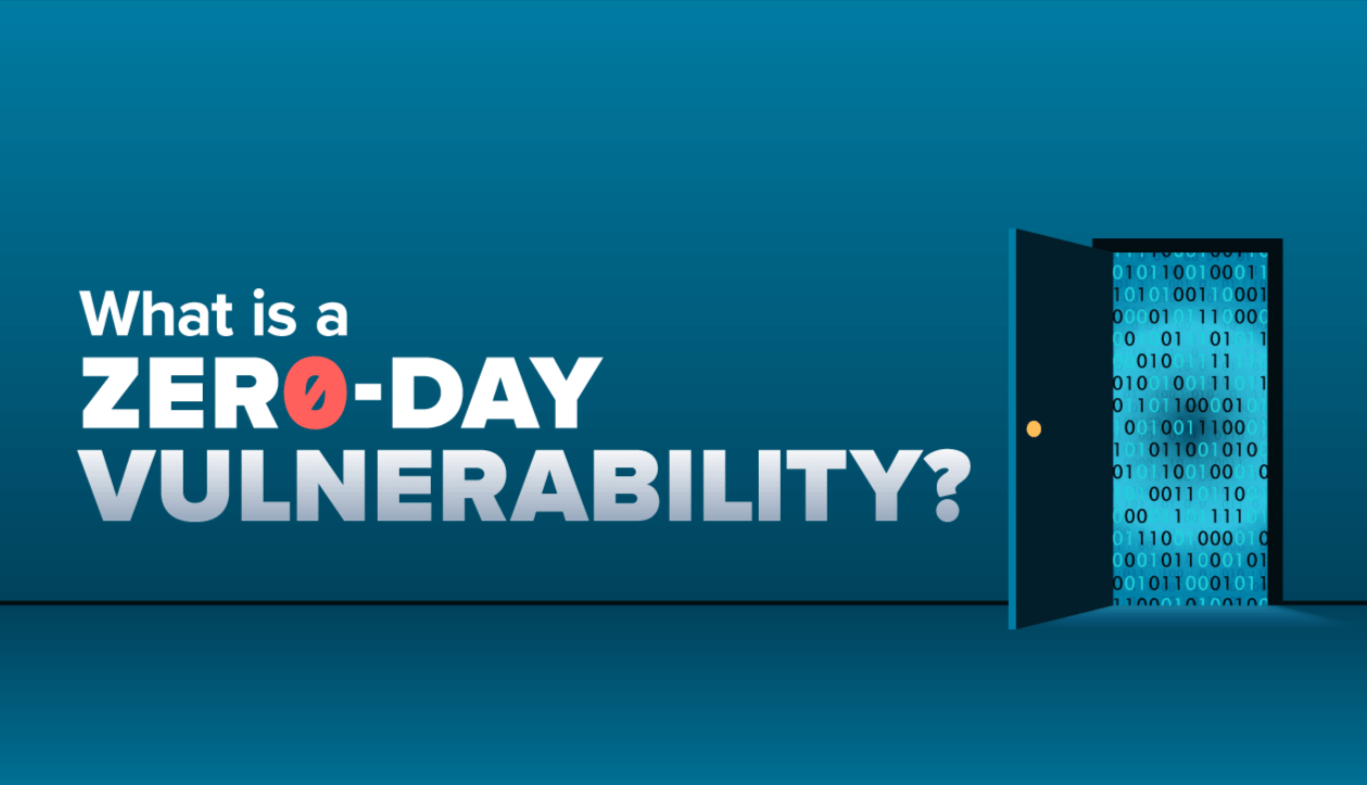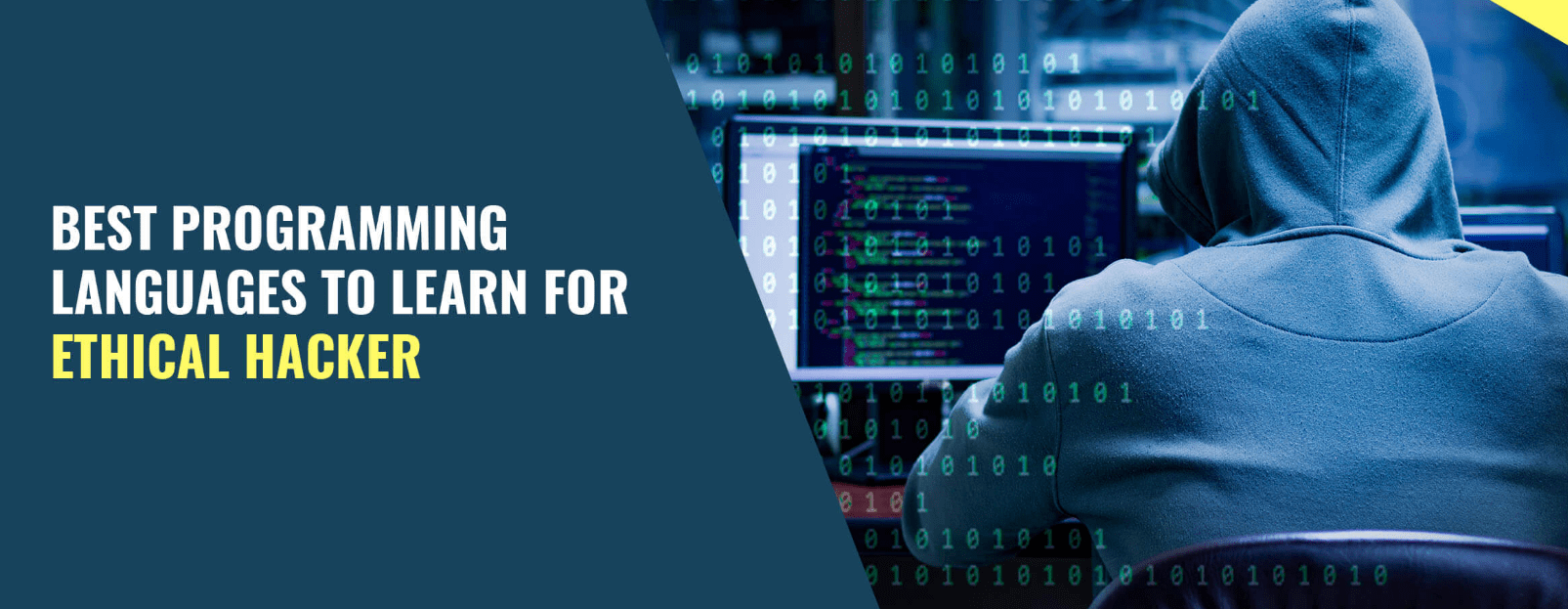How Ethical Hackers Help Companies Secure Their Systems
There is a discussion about the various ways these cyber professionals help secure companies from their operations, their significance in today's business world, and their role in the broad sphere of Cyber Security.
What’s an Ethical Hacker Though?
White-hat hackers, or computer security experts, are defensive hackers who find and fix defects in computer systems, networks, and applications. Unlike their "black-hat" counterparts, these individuals work with firms to protect their security instead of hacking them.
These wizard-like white hats are given a thumbs up by the organization they are assisting to conduct tests such as penetration tests probing for vulnerabilities and other security things to safeguard the company’s tech. They aren't there to cause any trouble, they're just there to fix issues before the bad guys can do any harm.
White-Hat Wizards and Protecting Computers
Ethical hackers are key in keeping businesses safe from data leaks, money troubles, and reputation harm. Let's dive into how they help keep a firm's systems secure:
1. Spotting Weak Spots
A big job for ethical hackers is spotting weak spots in a firm's systems. Bad guys could take advantage of these weak spots, which might be in the software, hardware, or network defenses. When ethical hackers do deep-dive security checks, they find the spots where an attack could hit hard.
Usual weak spots are:
Bugs or code gaps could let someone sneak in without permission.
Easy passwords are just that super simple and not tough to figure out.
Out-of-date software still has holes that need patching up.
Wonky network setups like messed up firewall rules or flimsy security steps.
Ethical hackers spot these weak spots and let companies patch things up quick before the bad guys catch wind and take advantage.
2. Running Pen Tests
Ethical hackers carry out "pen testing" to check a company's defenses. They copy real cyber-attacks and try to break into systems. If they get through, they tell the company what happened.
"Pen testing" lets firms know how they might hold up in a real attack. It shows if things like firewalls secret codes, and alarm systems are working well. Ethical hackers team up with firms to mimic various attacks, like:
Network attacks: Aiming at a company's network setup to break in without permission.
Web app attacks: Taking advantage of loopholes in a company's websites or online apps.
Social engineering: Playing mind games to dupe staff into spilling the beans on touchy details (like during phishing scams).
Physical security: Trying to get past the walls of a company to get at the tech inside.
Pen test outcomes give firms awesome clues about their tech's soft spots pushing them to beef up their protection game.
3. Boosting Network Defense
Network security is the focus of ethical hackers. For an organization's spine hooking all the systems, devices, and people is its network. If the network is really corrupted, an immense data spill might flow out-the-services might just go haywire.
Ethical hackers tighten the system by doing the following:
- Setting firewalls: Firewalls are set up to oversee the data coming inside or going out, stopping anything that appears to be fishy.
- Keeping things private: They ensure that ultra-sensitive things are always kept safe from prying eyes: customer advice, money details-need it the most when being transmitted and when dormant.
- Network activity surveillance: They allow keen-eyed professionals on the network using specialized tools to always look out for sneaky intruders or anything suggesting hacking.
- Spotting network vulnerabilities: They try assessing the network for any possible set-up wrongs or patches that have become obsolete as a way of letting hackers in.
When ethical hackers muscle up the network security, they act as a shield for all corporate technology, ensuring that the data travels safely and securely to the destination and the persons in need.
4. Making Applications and Software Safe
Lots of companies use their own software or stuff made by someone else to get things done. Think mobile apps, systems to manage customer info (like CRM), or a business's web page – they all might let hackers sneak in if folks don't lock them down tight.
Folks called ethical hackers make these apps safer by doing stuff like:
Checking the code for weak spots: They take a magnifying glass to the app's code to spot any mistakes or bits that could cause trouble.
Pretending to break into the software: Ethical hackers throw different kinds of fake cyberattacks at the app to see how it deals with danger.
Looking over updates for the program: They keep an eye out to make sure the program gets the latest fixes and tune-ups that sort out known safety mess-ups and make it run smoother.
Ethical hackers strengthen software and applications assisting companies to cut down the chance of an attack messing with crucial client info or messing up the workflow.
5. Boosting Knowledge and Coaching Workers
A big reason for cyber attacks is just plain old human mistakes. Workers might not mean to, but they can click on a scammy email, pick a super simple password, or ignore the safety rules of the company. Ethical hackers step in to lower this hazard showing workers the ropes to spot and steer clear of security dangers that might pop up.
They might:
Spread the word through campaigns: Teach the crew about usual cyber dangers like phishing, ransomware, and social tricks.
Do practice runs: Set up super-real fake attacks so the team can get good at spotting shady stuff and dealing with it right.
Write up rules for safety: Guide companies in making crystal-clear safety rules so everyone knows the best moves to make.
By schooling and drilling ethical hackers turn the workforce into a solid shield against digital break-ins.
6. Making Plans for Oops Moments
When digital trouble hits, companies better have a game plan ready for action. Ethical hackers join hands with these companies to whip up and check these game plans to make sure the biz can bounce back smart and snappy from any sneaky breaches.
A typical game plan for responding when stuff goes south in cyberland has a few key moves:
Spotting the Trouble: Sussing out and double-checking when hackers have busted in.
Putting Up Barriers: Trying super hard to keep the chaos from spreading.
Getting Rid of the Nasties: Tossing out the bad code or kicking out sneaky peeps from the system.
Bouncing Back: Getting all the computer things and info back on track to how they were.
Checking What Went Down: Taking a good look at the mess-up to snag some takeaways and make the digital fortress stronger for the next round.
So ethical hackers are pretty much the superheroes for companies teaching them these dope moves so they can shrug off the digital punches and get back up way faster.
Why Are Ethical Hackers Important for Businesses?
The cyber threats nowadays are fast becoming competitive as they are mushrooming everywhere and so companies should run faster than them to save their data and their systems from any breach, where ethical hackers play a very crucial part. They do it this way.
- First of all, they remain up keeping a watch on any security holes that would go unnoticed until the bad guys found them. Once that hole has not been duly sealed up, it leaves you to be a duck for an attack.
- And then it tests the effectiveness of the security measures currently adopted by that organization. Of course, there is no point in having fancy technology if it did not run well.
- There is training also, teaching your staff how to resist such things as phishing.
- They then help you with those various legislative requirements, such as compliance to data security measures. Not having the right measures for securing data would cost incredibly steep fines.
Thus, companies cannot be reactive; rather, they would always have to be ahead of time. Ethical hackers are the ace under the CD sleeve.
- They help in the way of defence, picking up on holes and sealing them before the bad guys can jump in keeping possible money loss from retrievelisation of data, legal suits, and brand hits.
- This is the to-go team to ensure that companies do not trip while taking care of their data while it is safe and private as in the cases of GDPR and HIPAA.
- A company looks like it has a tight grip on cybersecurity; customers tend to trust it more. That is where ethical hackers step in proving a company is all in for safeguarding their customers' secrets and keeping things hush-hush. Ethical hackers prove an edge for companies to push them forward by spotting fresh threats and tweaking security steps accordingly. Cyber criminals keep on upgrading their tricks, for hoisting barriers; firms should always keep ahead-the-game.
Ending Thoughts
An ethical hacker is a person who works to protect companies against increasingly growing digital attacks. They find faults, break into systems for testing, provide training to staff, and prepare disaster responses. Therefore, these professionals provide necessary support to banks and e-commerce houses in making sure their information and web territories are not compromised by malicious attacks.


